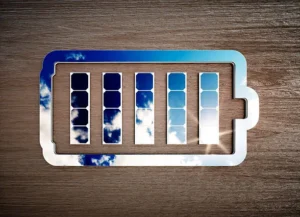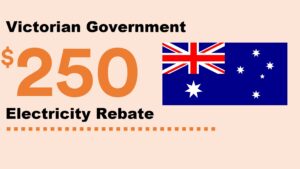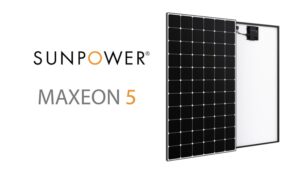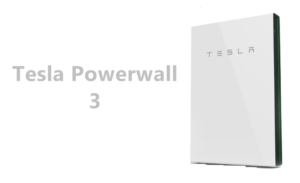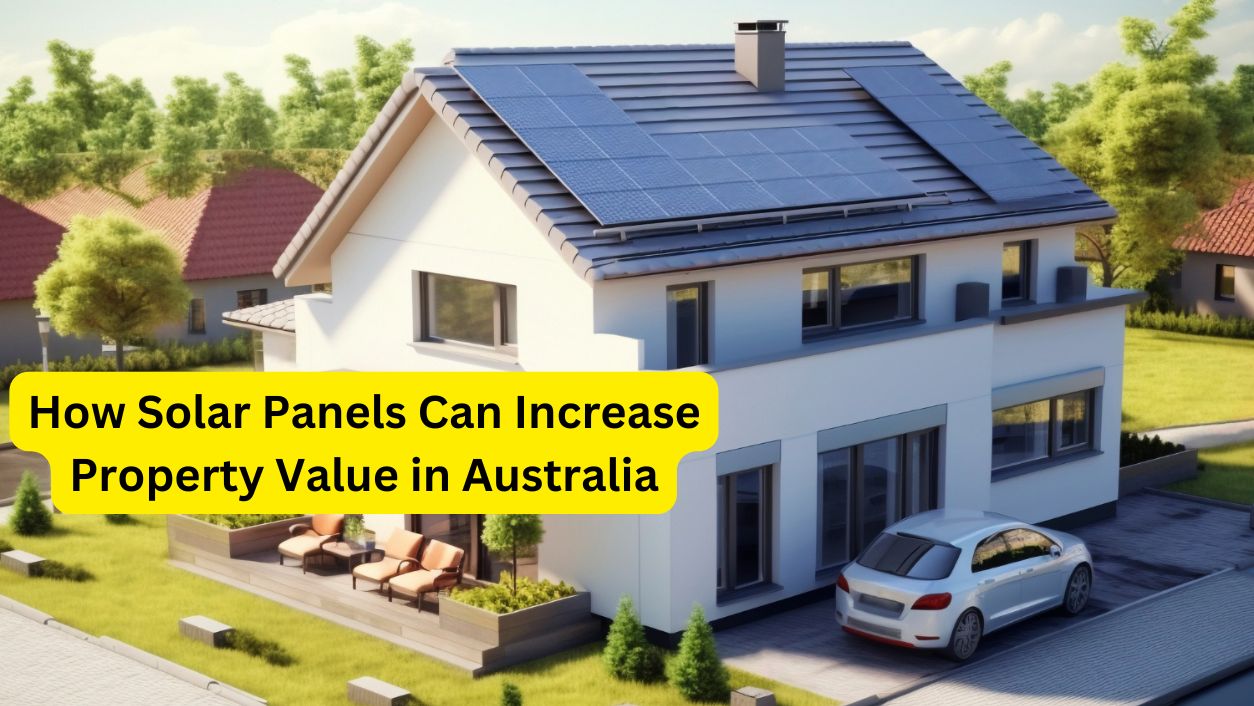
Solar panels are becoming increasingly popular in Australia as more homeowners look to reduce their energy bills and contribute to a sustainable future. Beyond the environmental benefits and energy savings, installing solar panels can significantly boost the value of your property. In this article, we’ll explore how solar panels can increase property value in Australia and why they are a smart investment for homeowners.
Why Solar Panels Are in High Demand in Australia
Australia’s abundant sunshine and rising energy costs make solar power an attractive option. The Australian government’s commitment to renewable energy, coupled with various incentives, has further fueled the demand for solar installations. As a result, homes equipped with solar panels are becoming more desirable in the real estate market.
Key Benefits of Solar Panels for Property Value
1. Energy Cost Savings
One of the main reasons buyers are attracted to homes with solar panels is the potential for reduced energy bills. A property with a solar system can provide significant savings on electricity costs, making it an attractive feature for prospective buyers.
Stat Insight: On average, a 6.6 kW solar system can save Australian homeowners between $1,000 and $2,000 annually on electricity bills, depending on location and energy usage.
2. Appeal to Eco-Conscious Buyers
The growing awareness of climate change and environmental responsibility means that more buyers are looking for eco-friendly homes. Solar panels represent a commitment to sustainability, which is highly appealing to environmentally conscious buyers.
Pro Tip: Highlighting the environmental impact of your solar system, such as the amount of CO2 emissions saved annually, can enhance your property’s market appeal.
3. Higher Property Valuation
Studies show that homes with solar panels often sell for more than similar homes without them. The perceived long-term value and cost savings from solar installations can justify a higher asking price.
Example: According to real estate data, properties with solar installations can sell for up to 4.1% more compared to homes without solar, depending on the region.
4. Increased Marketability
Properties with solar panels typically spend less time on the market. The benefits of solar power can make your home stand out, attracting more potential buyers and leading to quicker sales.
5. Energy Independence
Solar panels paired with battery storage provide energy independence, protecting homeowners from fluctuating energy prices. This feature is particularly valuable in regions with frequent power outages or high electricity costs.
Factors Influencing the Increase in Property Value
1. System Size and Quality
The size and quality of the solar system play a significant role in determining how much value it adds to a property. High-quality panels and inverters from reputable brands are more likely to appeal to buyers.
2. Remaining Warranty and Maintenance
A well-maintained solar system with a substantial remaining warranty period can be a major selling point. Buyers are reassured by warranties that cover equipment and performance, knowing they won’t face immediate repair or replacement costs.
3. Location and Energy Rates
Properties in areas with high electricity rates or abundant sunshine can see a more significant value increase. In regions like Queensland and New South Wales, where solar potential is high, the value added by solar installations can be even greater.
4. Net Metering and Feed-In Tariffs
State-specific incentives such as feed-in tariffs, where homeowners are paid for excess electricity generated, can enhance the financial attractiveness of a solar-equipped property.
How to Maximise the Property Value with Solar Panels
1. Choose the Right Solar System
Invest in a solar system that is appropriately sized for your home’s energy needs. Over- or under-sizing your system can affect its efficiency and the perceived value to potential buyers.
2. Keep Documentation and Maintenance Records
Maintain thorough documentation of your solar installation, including warranties, maintenance records, and energy savings reports. This information can provide peace of mind to buyers and help justify a higher asking price.
3. Highlight the Benefits in Property Listings
When selling your home, ensure that your property listings prominently feature the solar installation. Highlight the benefits, such as estimated energy savings, environmental impact, and any applicable government incentives.
4. Get a Professional Valuation
Consider getting a professional valuation that specifically takes into account your solar system. Valuers who understand the benefits of solar can provide a more accurate estimate of your property’s worth.
Frequently Asked Questions
1. Do solar panels really increase property value in Australia?
Yes, solar panels can increase property value by providing long-term energy savings, appealing to eco-conscious buyers, and offering energy independence.
2. How much value do solar panels add to a home?
While it varies by location and system quality, solar panels can increase property value by an average of 3-4% in Australia.
3. Is the investment in solar panels worth it if I plan to sell soon?
Even if you plan to sell in the near future, solar panels can make your property more attractive and marketable, potentially leading to a quicker sale and higher price.
Conclusion
Investing in solar panels is not just a step towards a greener future; it’s also a strategic move to increase the value of your property in Australia. With energy cost savings, increased marketability, and appeal to a broader range of buyers, solar panels offer a tangible return on investment. Whether you’re planning to sell soon or stay for the long haul, solar panels can make your home a standout in the competitive real estate market.



